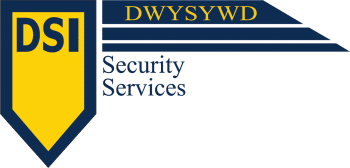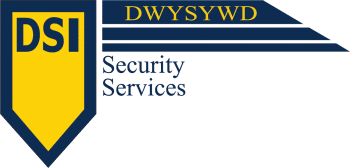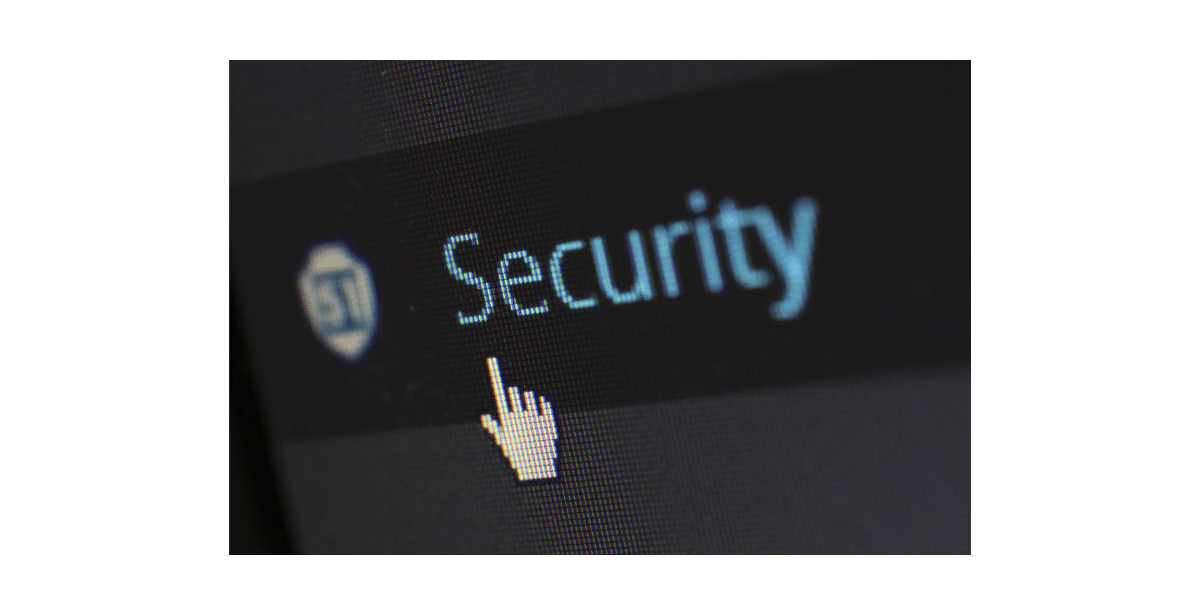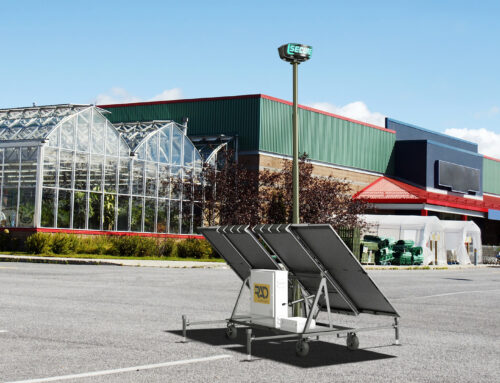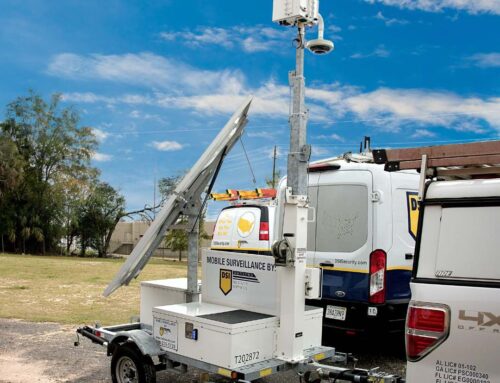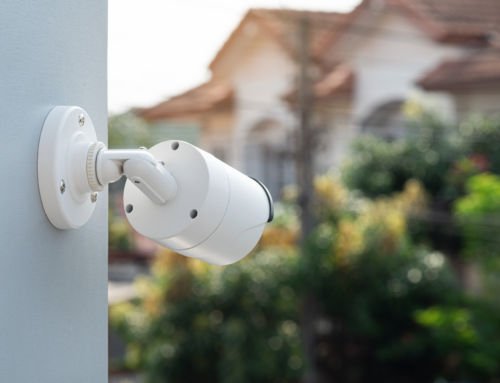Whether the focus is on protecting people, products, or property, nearly every business needs to think about their security profile. People need to feel safe, and businesses need to make that safety a priority. A thorough security plan not only protects assets, but lack of one can have a negative effect on a company’s productivity and reputation as well.
Security is about more than just locking the doors and making sure the alarm is set. There should be a comprehensive program involved, from making sure security personnel are properly trained to managing and evaluating policy and procedures on a regular basis. In last month’s Daily Duties of a Security Officer, we discussed some of the many things security officers do to not only protect a company’s assets, but give employees the peace of mind that comes with feeling safe and protected. We often focus on physical assets, but a lack of good security can also have a negative impact on hiring, retention, and productivity of employees.
Physical security helps to keep an organization’s facilities and assets safe from theft or damage. Typical measures include a security officer at the front entrance, badges for employees, locks on doors, and entrance alarms. More advanced systems may include keypads or biometric access controls, security cameras, and motion sensors. Investing in these tools is about more than just protecting valuable physical assets. The return on investment also comes from showing customers and employees that they are valuable as well.
A security assessment can highlight the need for such things as better traffic flow to protect entrance points, better lighting in parking areas, or improved access controls. An assessment may also recommend updated surveillance technology that can significantly enhance the security posture. All are things that may be taken for granted when implemented properly but have come to be expected in the workplace.
Cybersecurity is another area of protection that is vitally important for a company to understand the importance of. We have all seen plenty of examples on the news of how leaks of proprietary information or customers’ personally identifiable information can be disastrous for a company. Gone are the days when a locked desk drawer or safe was sufficient to protect proprietary information and customer records. With the modern dependence on technology comes the need to protect an organization’s computers and network, both digitally and physically.
Specialized cybersecurity experts can help secure the digital aspect, but it is more important than ever for a company to make sure computer hardware is secure and only accessible with proper authorization. Protecting computer equipment in a data center or server room is critical, but the security of employee equipment is not far behind. A computer left logged in can provide easy access for someone who should not have it, and a laptop left unattended is an easy target for a thief. Employee training goes a long way towards minimizing the risk of data loss, while active security measures can minimize the risk of theft by an outsider and also serve as a deterrent to thieves.
Unfortunately, threats to safety and security do not all originate from outside the organization. Workplace violence is all too frequently in the news lately. As we recently discussed in Active Assailant Awareness, awareness and preparedness are important in mitigating the risk of an active assailant. A thorough security plan is a good way to implement these tools and help ensure the safety of employees during and after such an event.
Security is an important concern for a business, not only to protect property, but to help employees and customers feel safe and protected. We hope this piece has provided some useful information on what it takes to protect your property, employees, customers and assets. Managing an effective security program can be a formidable task, but the risk of downtime, productivity loss, and reputation damage make it necessary and worth the effort.
By Jamie Ridenhour
